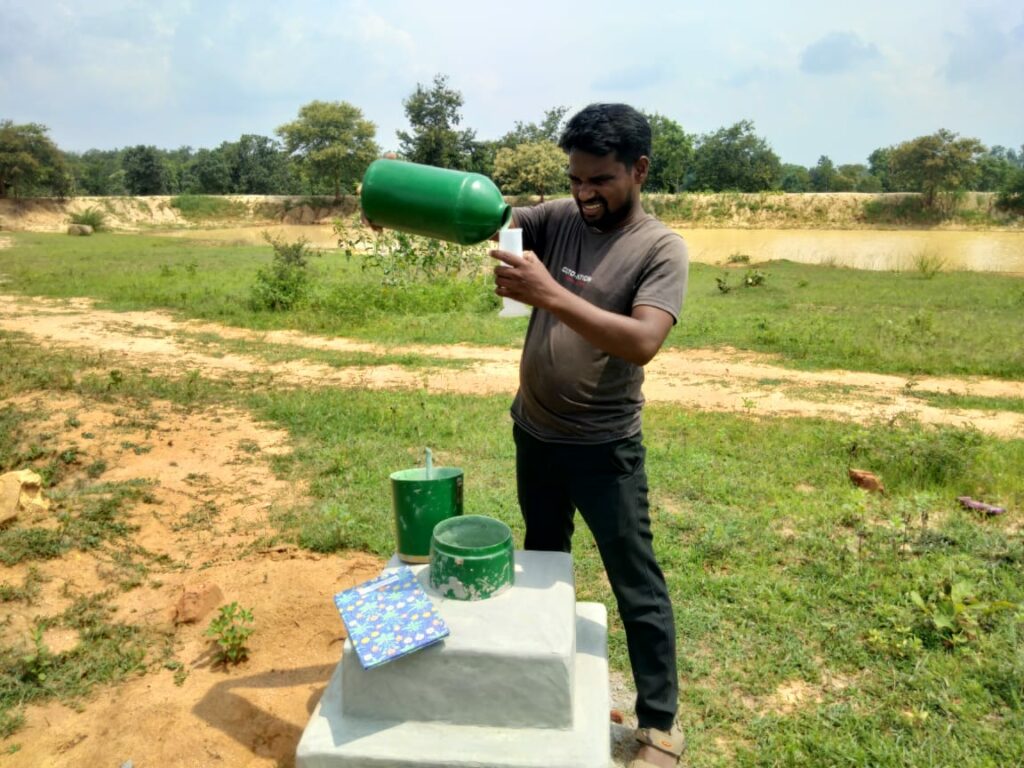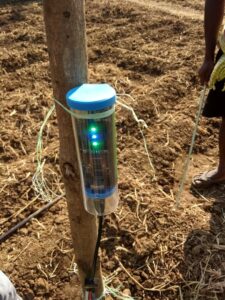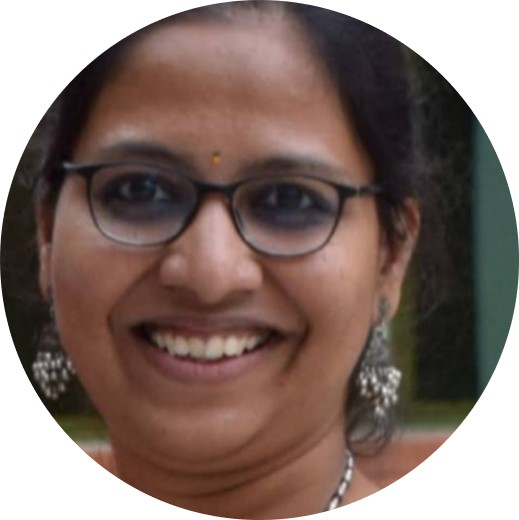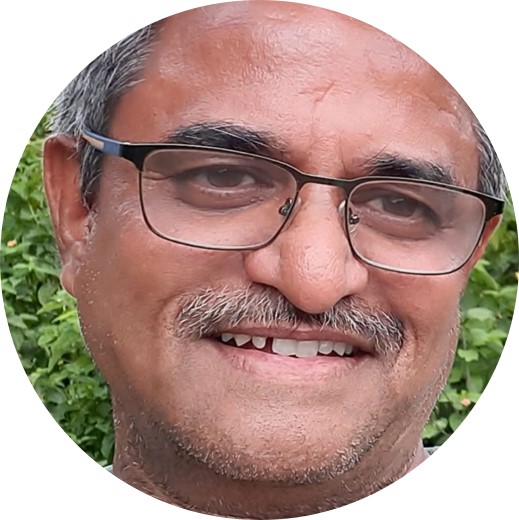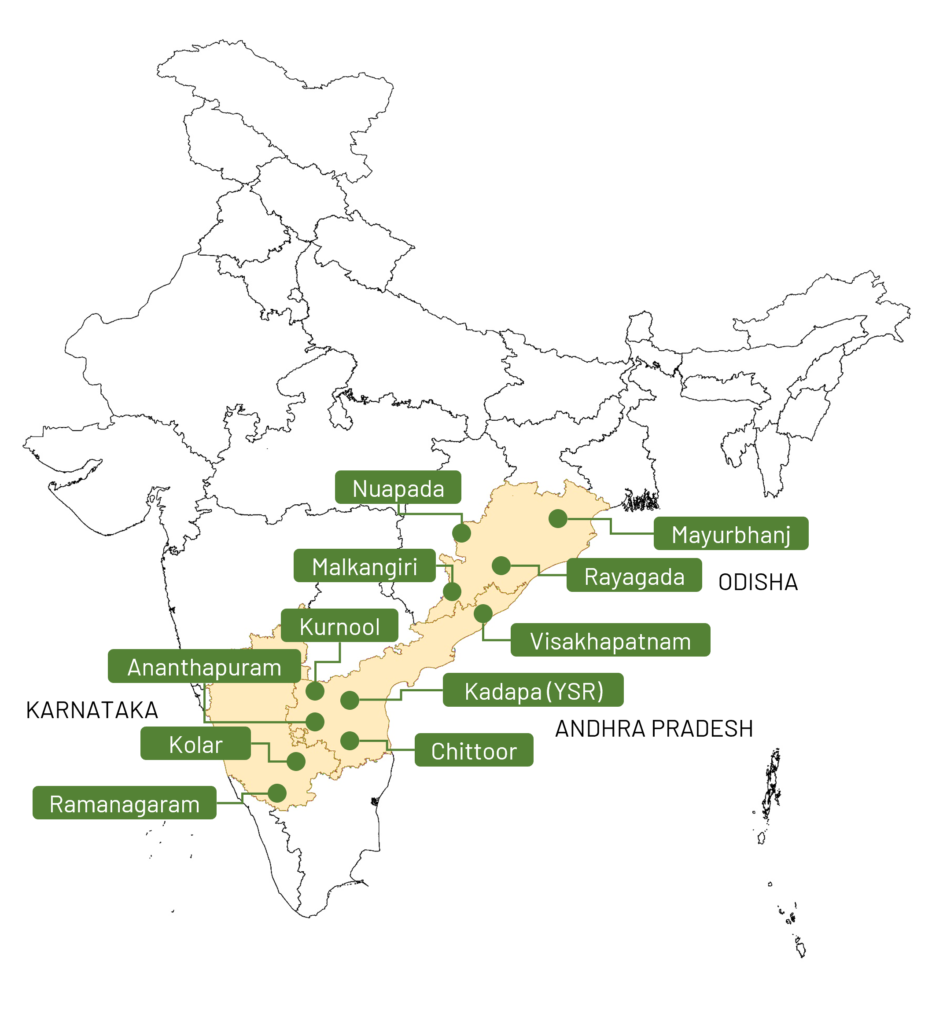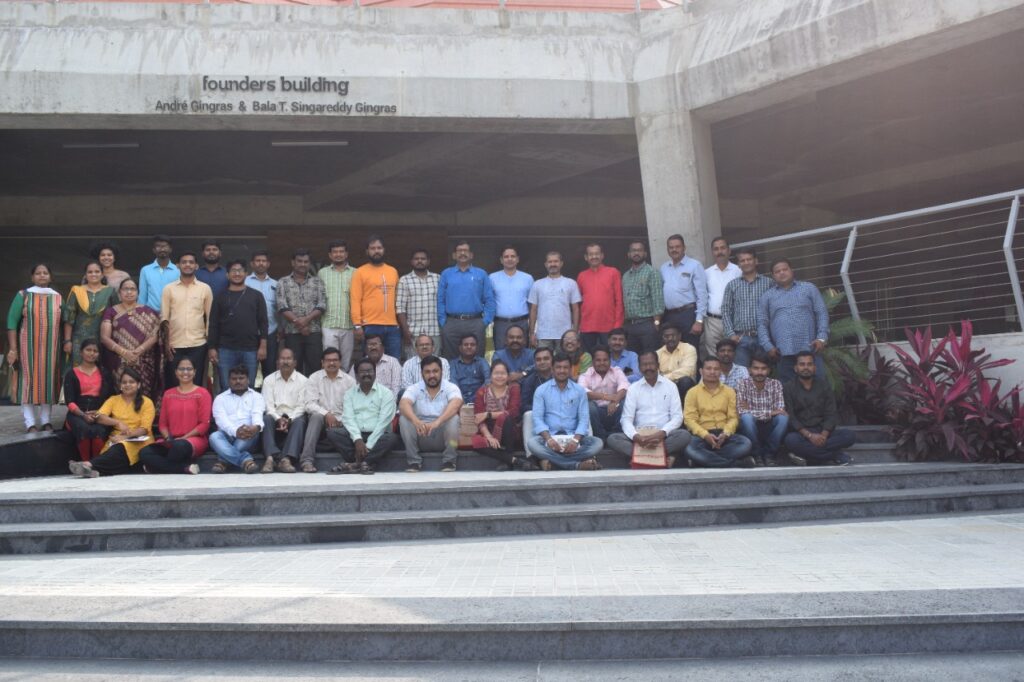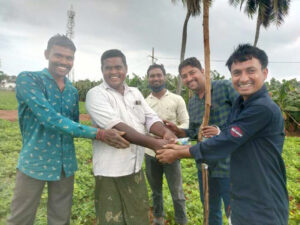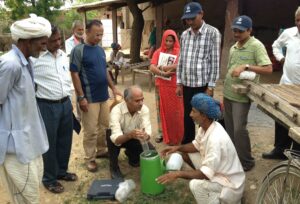Our Collaboration Team

Dr Uday Nidumolu
Project Leader
MS, Cambridge; PhD Wageningen, NL
Principal Research Scientist,
Climate Smart Agriculture, CSIRO
Lead Author UN-WMO IPCC AR6 WGII
Climate risk management in commercial and small holder farming systems, over 25 years experience in India, UK, NL, France and Australia; over 100 publications
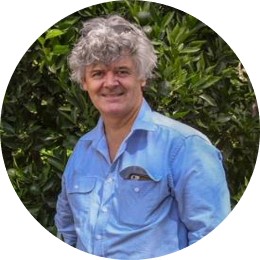
Dr Richard Stirzaker
Strategic Irrigation (VIA)
PhD, University of Sydney
Principal Research Scientist, Irrigation, CSIRO
Internationally renowned for his invention the ‘Chameleon’ sensors to monitor irrigation water in small holder farmers – 39 yrs exp with 25 years exp with small holder irrigators in Africa; International WatSave award in 2004

Dr Peter Hayman
Climate Risk Analysis
PhD, University of Sydney
Principal Scientist, Climate Applications, South Australian Research and Development Institute (SARDI)
Australasian representative on the UN-World Meteorological Organisation (WMO) Expert Team; climate risk projects in southern India, Sri Lanka, Cambodia and the Philippines
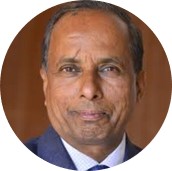
Prof Basant Maheswari
Groundwater / Aquifer Management (MARVI)
Western Sydney University, Australia
Internationally acknowledged expert in ground water management with over 30 years experience- Managed Aquifer Recharge through Village-level Intervention (MARVI- World Bank funded); India, Indonesia, the Philippines and Thailand; over 220 publications
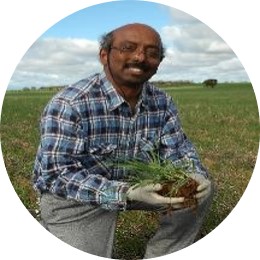
Dr Gupta Vadakattu
Soil Micro-Biology
PhD University of Saskatchewan, Canada
Principal Research Scientist,
Soil Biological Fertility/Soil Microbiology, CSIRO
Genetic diversity, functional capability and resilience of soil biota in agricultural soils and functional microbial diversity of aquifer systems – in relation to Water Use Efficiency (WUE); over 30 years experience; over 200 publications . Globally acknowledged expert on soil biology

